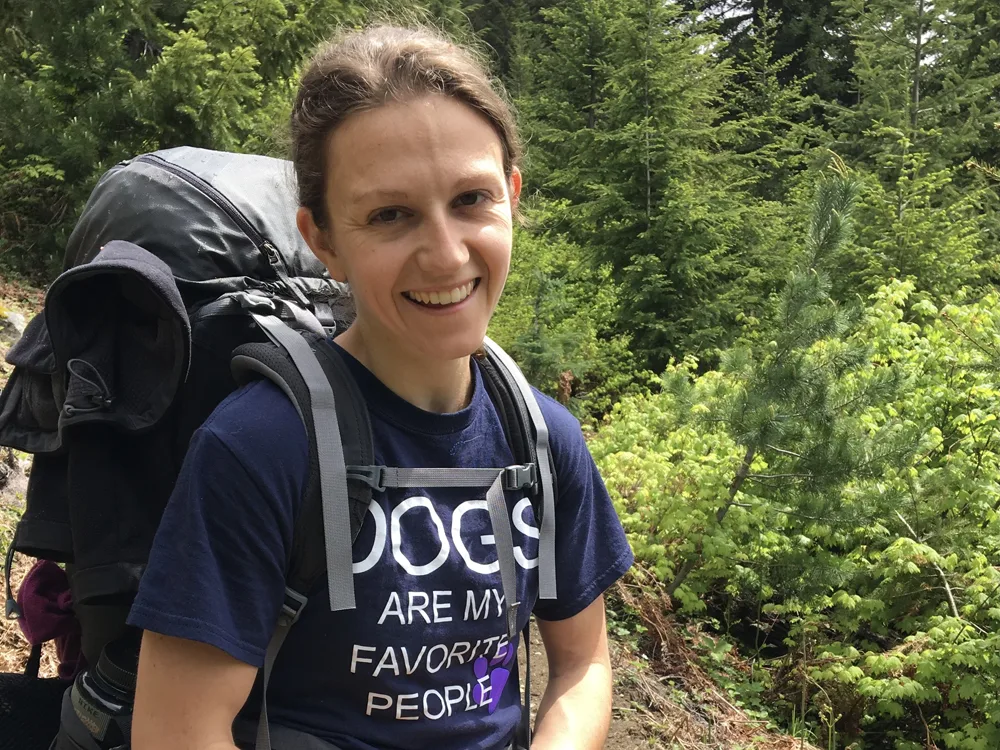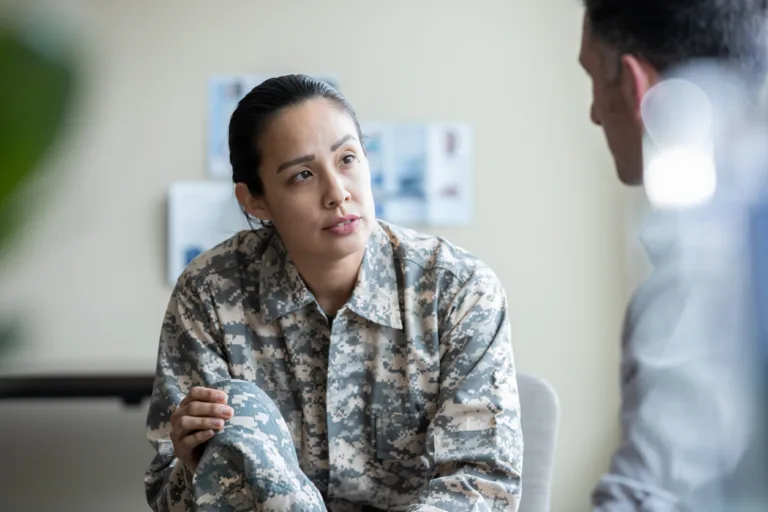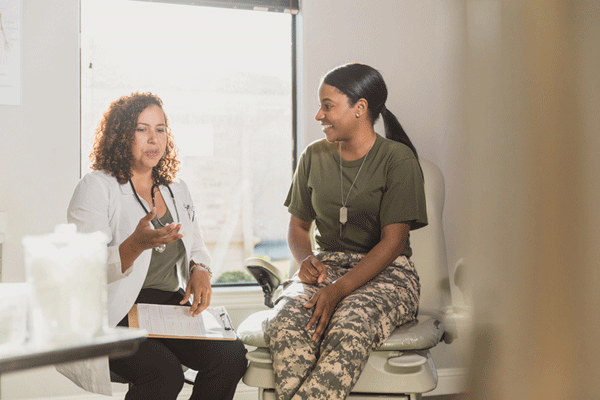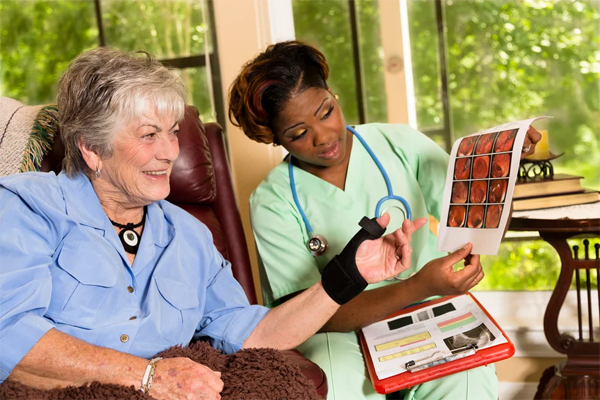As told to Nicole Audrey Spector
When I got pregnant with my first child at the age of 29, I knew that I would likely have some uncomfortable moments ahead. But starting in my second trimester, I felt much worse than I expected. I had terrible cramping on my left side. I was also constipated to the point that laxatives didn’t make much difference, and there was often blood in my stool.
I reported my symptoms to my OB-GYN, but she waved them away, saying that constipation is normal in pregnancy and that hemorrhoids likely explained the blood in my stool.
She wasn’t worried about the cramping, either, as every routine exam and ultrasound revealed that all was well with my pregnancy and the baby was fine.
When I was 33 weeks, the pain on my left side suddenly became a stabbing level 10. It was so bad I could barely move. During the final weeks of my pregnancy, I spent hours in hot baths or curled up on the couch with ice packs, trying to get some relief from the constant and extreme pain.
Even then, my doctor didn’t listen to my concerns or take my pain seriously. My husband started going to appointments with me, but he got the same kind of dismissive responses from the doctor, telling us that pregnancy is “uncomfortable.” Every time I had an exam, it felt like the doctor spent no more than three minutes with me. Most of the appointment was spent in the waiting room.
I was thrilled when I was ready to be induced at 38 weeks. The pain would finally be over! And of course, I would finally meet my baby boy. It was an absolute joy when I got the epidural. For the first time in so many weeks, I had relief from the pain. I had a smooth delivery and welcomed my son, Oliver, into the world, knowing that I would love him with all my being for the rest of my life.
The next few days were a blur of new motherhood. Five days after Oliver was born, I jumped on a rare spare moment to shower. When I emerged, I felt really cold and started shaking. So much so that I couldn’t hold and nurse Oliver.
I called my OB’s office and told the nurse. Since my temperature was just 99 degrees, she told me I was just panicking and should take deep breaths, but that I could stop by the office for a check-up if I wanted. My husband and I decided we would go after he fed Oliver, so he wrapped me up in a blanket. The next thing I remember is being drenched in sweat. From there, things are a bit fuzzy.
Miraculously, my husband managed to get me and our newborn into the car and to the ER. Just 30 minutes after calling my doctor, my temperature had spiked to 104 degrees, and I was delirious.
It was soon discovered that I had developed sepsis. I was pumped full of antibiotics and admitted to the hospital, where I remained for 10 days.
The sepsis was eventually found to be caused by an abscess in my lower left abdomen — exactly where the horrible pain had been during my final trimester (and still remained, but less so, after I gave birth). The abscess was drained, and I was discharged soon after.
A month later, I went in for a follow-up scan and received a call from the infectious disease specialist on the drive home.
“This can’t be good,” I thought. “He’s calling me with the results so quickly.”
Unfortunately, my instinct was right. The scan revealed that there was a possible connection between the abscess and my colon. The doctor wanted to admit me to the hospital immediately so I could have a colonoscopy first thing the next day.
Back into the hospital I went — but without my husband and Oliver, even though I was breastfeeding, because hospital staff refused to arrange for a bassinet.
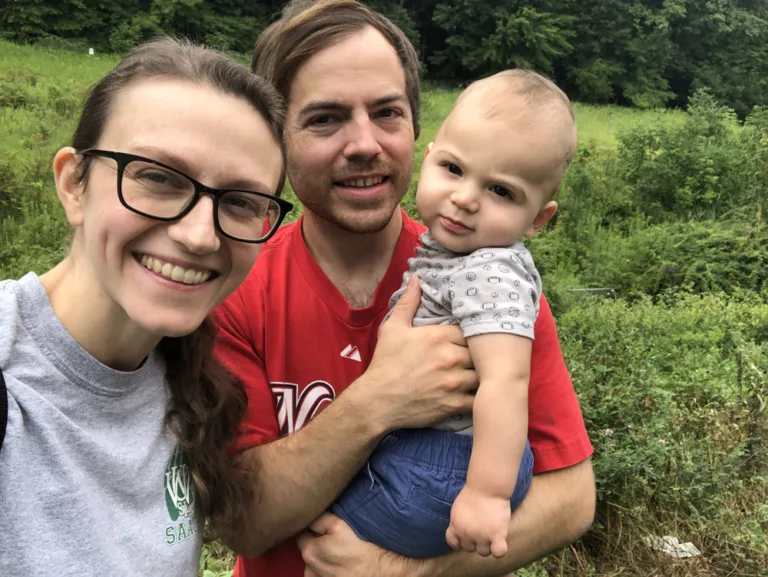
I was still asleep after the colonoscopy when the doctor called my husband to tell him that I had a large mass in my colon indicating colon cancer. Then I woke up and got the terrible news for myself.
I was shocked and had a lot of questions. How long had the cancer been brewing inside me? How far along was it? But there was also some relief at finally knowing a cause for my horrible pain, and I felt confident I could beat it.
When I talked to an oncologist, I learned that I had a large tumor in my colon and that my colon was perforated, which is what caused the abscess. This meant I needed the tumor and a part of my colon removed immediately, a surgery that I had less than three weeks later. I also learned that the cancer had already spread to my liver and my lungs. Stage 4. I didn’t know much about cancer then, but I knew that stage 4 was very bad.
“Two years’ life expectancy,” the oncologist said.
“What?!” My husband and I looked at one another, then back at the doctor, then back at one another, again and again, as my husband rocked Oliver’s car seat back and forth on the exam room floor.
It’s been just over a year since my diagnosis. I’ve had two major surgeries and undergone 20 rounds of chemo, but the shock of being a 31-year-old mom with stage 4 cancer hasn’t worn off. How can that ever make sense?
What also hasn’t worn off is my commitment to beating this. I’m confident that 2023 will be the year that I get most of the rest of this cancer out of me. It’s hopeful thinking, which is exactly what my family and I need. If we don’t believe I will get well, how can I be present for Oliver and give him what he needs in the here and now? How else can I enjoy the time I have with him, without worrying about how much time there will be?
I don’t for a second believe that I only have a couple of years. But I do struggle with the “what ifs.” What if I’d spoken louder or differently to my OB? What if she’d listened to me and believed me that something was wrong? Would the cancer have been detected earlier, before it spread? I’ll never know. All I know is that if just one other woman hears my story and speaks up for herself because of it, I won’t have gone through this in vain.


